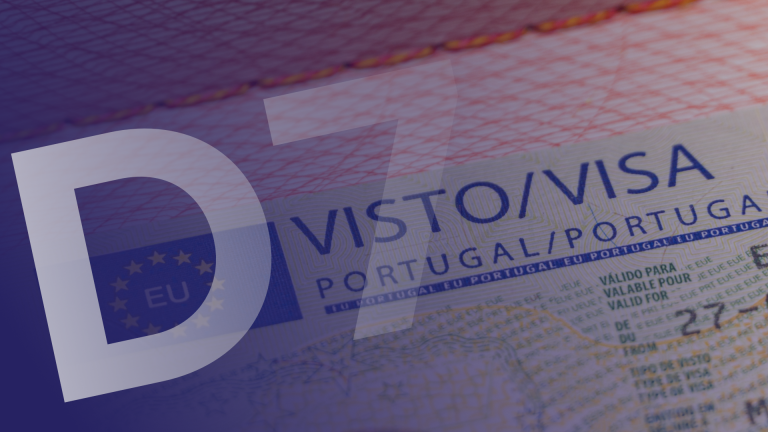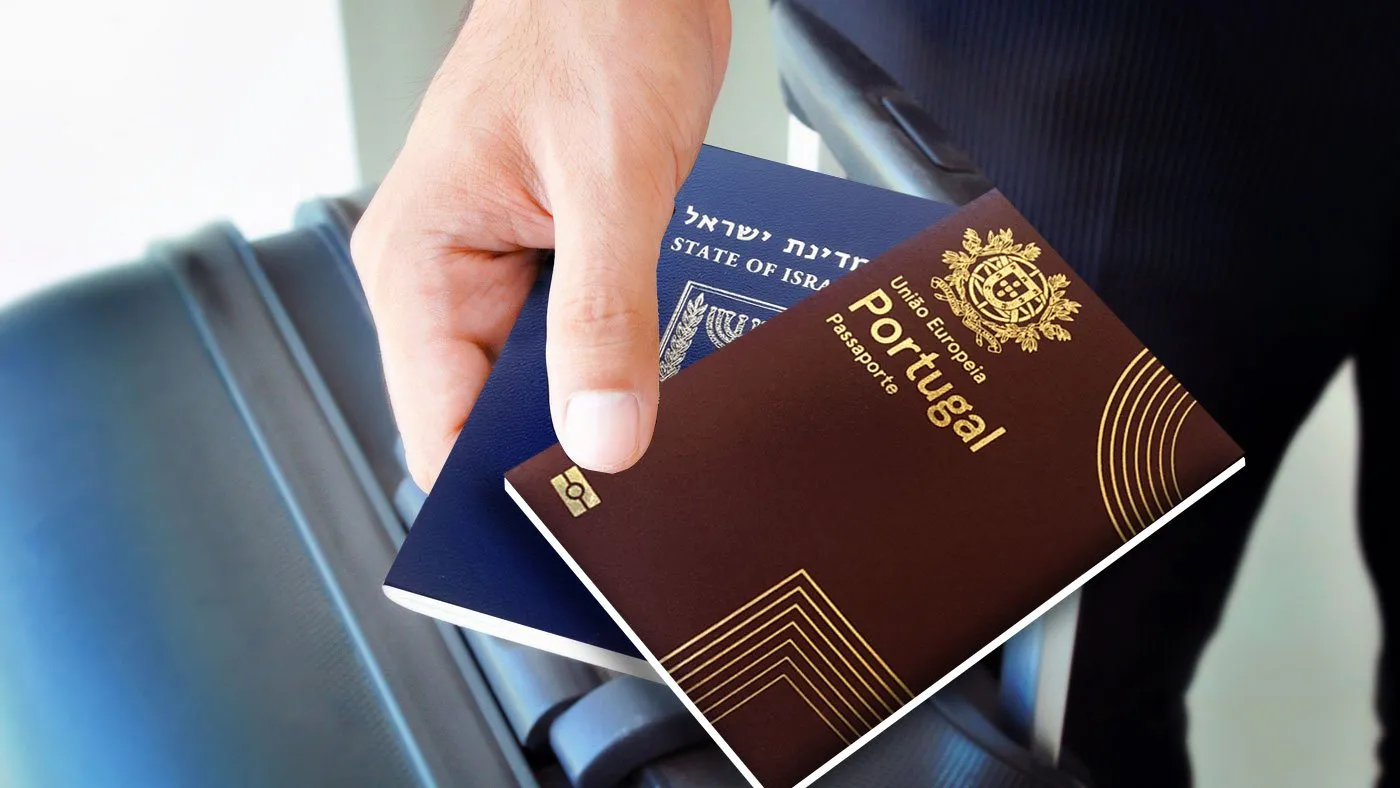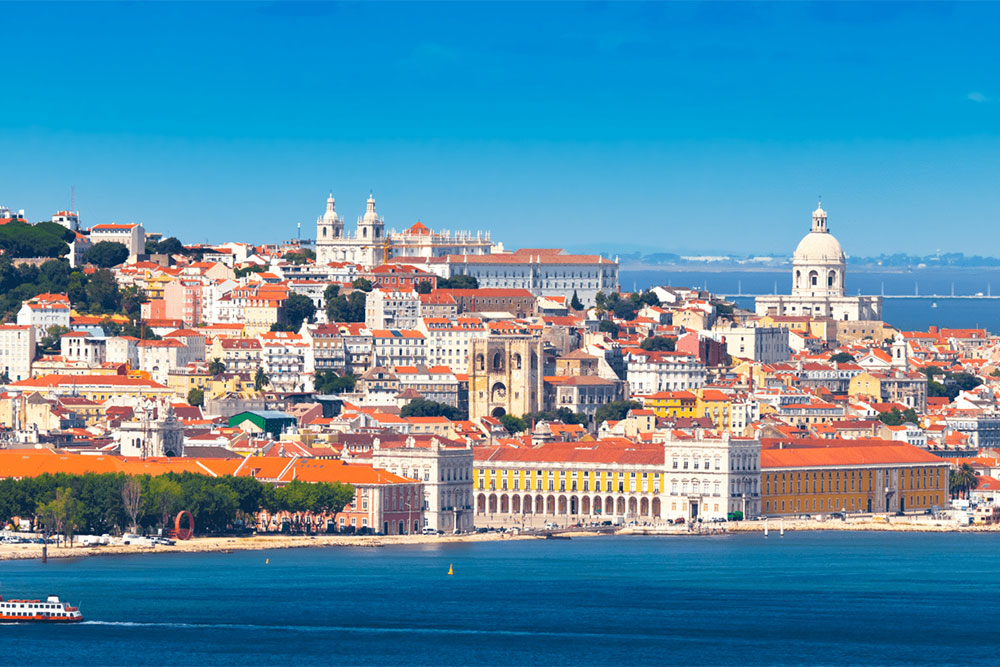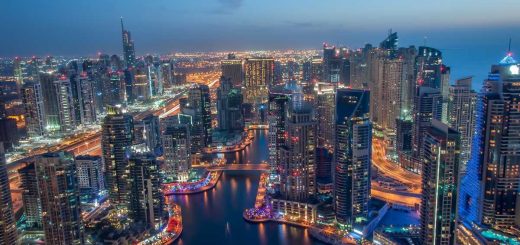The Ultimate Guide to the D7 Visa in Portugal: Everything You Need to Know
Navigating the process of obtaining a visa can be daunting, but if you’re considering moving to Portugal, the D7 Visa could be your golden ticket. This visa, also known as the Passive Income Visa, is designed for non-EU citizens who wish to live in Portugal and can support themselves financially through passive income.
Portugal offers a range of housing options. Let’s dive into the nitty-gritty details and see how you can make Portugal your new home.

Introduction to the D7 Visa
The D7 Visa is a long-term residency visa introduced by the Portuguese government in 2007. It’s aimed at retirees and other non-EU/EEA/Swiss citizens who have a steady income, such as pensions, rental income, or investments, allowing them to reside in Portugal. This visa is particularly appealing due to its straightforward requirements and the numerous benefits it offers.
Who Can Apply for the D7 Visa?
Eligibility Criteria
To be eligible for the D7 Visa, applicants must:
- Be a non-EU/EEA/Swiss citizen.
- Have a stable and sufficient passive income.
- Show proof of accommodation in Portugal.
- Have a clean criminal record.
Income Requirements
One of the key aspects of the D7 Visa is proving you have enough income to support yourself. Generally, the minimum income requirements are:
- €760 per month for the main applicant.
- €380 per month for a spouse.
- €228 per month for each dependent child.
Benefits of the D7 Visa

Residency and Travel
The D7 Visa grants residency in Portugal, allowing you to live and travel freely within the Schengen Area. It’s a fantastic opportunity for those looking to explore Europe while enjoying the Portuguese lifestyle.
Family Reunification
Another great advantage is the ability to include your immediate family members in your application, allowing them to enjoy the same residency benefits.
How to Apply for the D7 Visa
Step-by-Step Application Process
- Gather Required Documents: Collect all necessary documents, including proof of income, accommodation, and a clean criminal record. Generate a QR code for easy access to your document checklist.
- Apply at a Portuguese Consulate: Submit your application at the Portuguese Consulate in your home country.
- Attend an Interview: Be prepared for an interview where you may need to discuss your financial situation and plans in Portugal.
- Wait for Approval: Once your application is approved, you will receive a visa allowing you to enter Portugal.
- Register with SEF: Upon arrival in Portugal, register with the Serviço de Estrangeiros e Fronteiras (SEF) to get your residence permit.
Required Documents
- Valid passport
- Proof of passive income
- One-year housing rental contract in Portugal
- Health insurance
- Clean criminal record certificate
- Two recent passport-sized photos
- Nif number
- Portuguese bank account
Financial Requirements for the D7 Visa
Proof of Income
Applicants must demonstrate they have sufficient funds to support themselves without working in Portugal. This can be through pensions, rental income, dividends, or other reliable sources of passive income.
Bank Statements
You will need to provide bank statements showing your income for the past three months. These statements should clearly indicate that your income meets the required thresholds.
Health Insurance for the D7 Visa
Importance of Health Insurance
Health insurance is mandatory for D7 Visa applicants. It ensures that you have access to healthcare services while residing in Portugal, which is crucial for your well-being.
Recommended Health Insurance Plans
Several international health insurance providers offer plans that meet the requirements for the D7 Visa. Make sure to choose a plan that covers you comprehensively.
Living in Portugal with a D7 Visa

Cost of Living
Portugal is known for its affordable cost of living compared to other Western European countries. From housing to groceries, you’ll find that your money goes a long way.
Finding Accommodation
Whether you’re renting or buying, Portugal offers a range of housing options to suit different budgets and preferences. Websites like Idealista and OLX are great places to start your search.
Tax Implications of the D7 Visa in Portugal
Understanding Portuguese Taxes
As a D7 Visa holder, you will be considered a tax resident in Portugal. This means you will need to declare your worldwide income. However, Portugal has several tax treaties to prevent double taxation.
Tax Benefits for D7 Visa Holders
Portugal offers a Non-Habitual Resident (NHR) tax regime, which provides significant tax benefits for the first ten years of residence. This can be particularly advantageous for retirees and high-net-worth individuals.
Renewing the D7 Visa
Renewal Process
The D7 Visa is initially valid for one year and can be renewed for two-year periods. The renewal process involves submitting updated documents to prove continued compliance with the visa requirements.
Required Documents for Renewal
- Proof of ongoing income
- Updated proof of accommodation
- Health insurance renewal
- Continued clean criminal record
Transitioning from D7 Visa to Permanent Residency
Requirements for Permanent Residency
After five years of legal residence in Portugal, D7 Visa holders can apply for permanent residency. You must demonstrate continued financial stability and basic knowledge of the Portuguese language.
Benefits of Permanent Residency
Permanent residency allows you to live and work in Portugal indefinitely, with fewer bureaucratic hurdles and greater access to social benefits.
Challenges of the D7 Visa Process
Common Hurdles
Some applicants face challenges such as gathering the correct documentation, meeting income requirements, or navigating the bureaucratic processes.
Tips for Overcoming Challenges
- Start preparing early and gather all documents in advance.
- Seek advice from professionals or those who have successfully gone through the process.
- Stay organized and keep track of deadlines and requirements.
Success Stories from D7 Visa Holders
Personal Experiences
Many people have successfully obtained the D7 Visa and share their positive experiences of living in Portugal. From retirees enjoying the sunny weather to digital nomads exploring new cultures, the D7 Visa has opened doors for many.
Advice from Successful Applicants
- Be thorough with your documentation.
- Maintain clear and consistent financial records.
- Engage with local communities to better integrate into Portuguese society.
Legal Assistance for D7 Visa Applications
When to Seek Legal Help
If you find the application process overwhelming, it may be beneficial to seek legal assistance. Immigration lawyers can provide valuable guidance and ensure that your application is complete and accurate.
Finding a Reputable Immigration Lawyer
Look for lawyers with experience in Portuguese immigration law. Recommendations from other ex-pats and online reviews can help you find a trustworthy professional.
FAQs
1. How long does the D7 Visa in Portugal process take?
The process typically takes around 2-3 months from application to approval.
2. Can I work in Portugal with a D7 Visa?
The D7 Visa is primarily for passive income holders. To work, you would need to apply for a different type of visa or permit.
3. Do I need to speak Portuguese to get the D7 Visa?
Basic knowledge of Portuguese is not required for the visa but is recommended for permanent residency.
4. Can I travel within the EU with a D7 Visa?
Yes, the D7 Visa allows you to travel within the Schengen Area without additional visas.
5. What happens if my income drops below the required amount?
You may face challenges during visa renewal if your income drops significantly below the required thresholds.
Conclusion
The D7 Visa offers a fantastic opportunity for non-EU citizens to live in Portugal, provided they can support themselves through passive income. With its many benefits, including residency and family reunification, it’s no wonder that this visa is becoming increasingly popular. By understanding the requirements and preparing thoroughly, you can successfully navigate the application process and enjoy all that Portugal has to offer.



